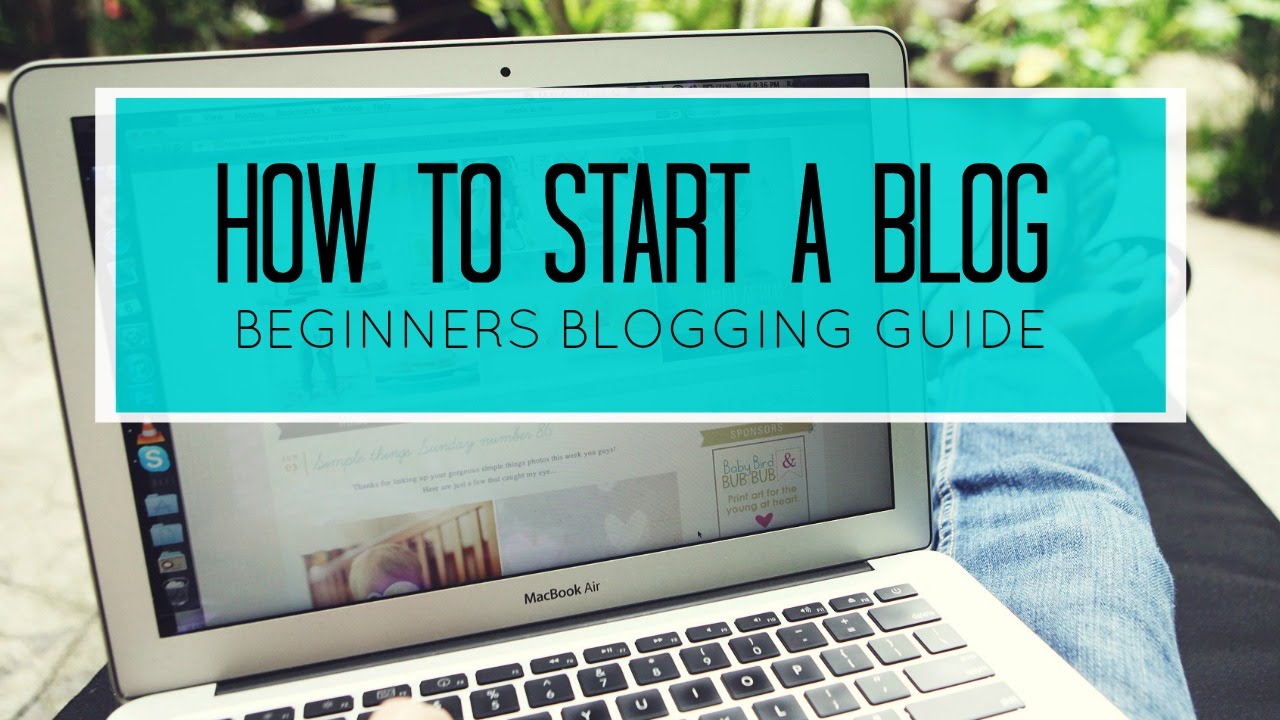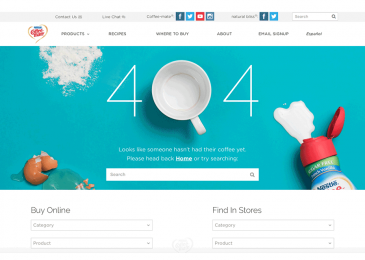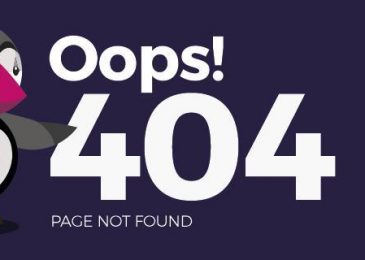A blog is essentially just a series of articles on a specific topic ordered chronologically so it could be a personal anecdote, a rant about an issue or an observation – but it can also be a helpful how-to. A blog section on a site could be called ‘blog’ or ‘information’, ‘resources’ or something similar.
What to blog about
My standard answer is – blog what people want to read. If you need more inspiration, try 20 ideas for website content
Blog about what you and/or your team know about. If you are really struggling, ask your customers. Ask whoever answers the phone the most common questions asked by customers. Just don’t try and blag your way through a topic you know little about, because you think it will get attention and make you look knowledgeable.
Setting up a blog
I’m not going into the technical side of how to add a blog to your particular website as it depends on how your site is set up. But some general requirements for a blog:
- It needs to be part of (not separate to) your website, otherwise you won’t get the full SEO benefit (i.e it won’t help your Google ranking)
- It should have some kind of commenting – depending on the nature of the blogs you post. If it’s more informational in nature you may decide that you don’t want to moderate comments or that your content is not for discussion. But comments are a useful way to start a conversation with your audience
- It should have social sharing buttons – adding sharing buttons means people who read it can share it with the world easily. This is a great way to get the word out about who you are and what you offer, and can help that blog post rank well
- It is dated – some of your content may be inaccurate after a period of time, so I think it helps the reader know how relevant what you are saying is if they know when it was written
Basic blog structure
Before starting a blog, decide on the topic. Don’t make it too broad or it could lose focus, then:
- Write a great headline
- Start with a first line or paragraph that introduces what the blog talks about in a way that pulls people in and keeps them reading
- Add sub-headings for each point
- Put each separate point in it’s own paragraph under the headings with examples and/or illustrations as appropriate.
- Use bullet lists to break up long sentences and/or paragraphs
- Write a conclusion to sum it all up
- Add a call to action if appropriate
How often should you blog?
The short answer is – regularly. Some say daily, some say weekly, I say just do it as often as is practicable!
This blog is updated once or twice a month because that’s all we can squeeze in, but we have been doing it consistently for several years. But the more you blog, the better you will be. From experience, it takes time to know what will resonate with your audience. Also the more you write, the more comfortable you’ll be crafting your blog posts. If you have several people on your team that are willing and able to contribute this will make it easier. You could also consider offering guest post opportunities. If you really don’t feel you have the competencies in your team, hire a copywriter.
If you are going to have a blog on your website, commit to having posts added to it regularly. If you have a blog on your site and you only have a single entry dated the time the site went live, this reflects badly on your business.
How long should it be?
Ah, a topic of much debate this. Many of our blogs are quite long because that’s how long they need to be to offer information that is of use.
Basically – a blog should be as long as it needs to be to get the point across. I know, that’s not very helpful but you’ll just have to work out what works in your particular situation. 250 words might work in terms of getting a point across simply, but you’ll have to work a lot harder if you want it to gain any traction from a search or social visibility perspective.
From our blog readers stats, the popularity of a blog post doesn’t appear to correlate to the blog length as much as the relevance of the topic.
Quality vs quantity
It’s quality that counts when it comes to blogs – not quantity. You want your blogs to be unique and valuable to the reader. Thin, single paragraph blogs (unless that’s all that is required to answer a question) will do little.
Does it need to be said that the content should be unique – DON’T PLAGIARISE OR COPY someone else’s work. Not only is it not cool, but you won’t have the know-how to back up what you say. If you reference someone else’s work – put a link to the original material.
It’s safer and more authentic to write about topics that your team knows about, and are relevant to YOUR target audience. Not what you or the boss find interesting – this is fine for a personal blog, but for a business it is unlikely to get much traction.
Read more The great tips to start a blog for making money online
_______________________________________________________________________________
For more details about our seo service packages, pls contact us
BIGBIGSEO Team
Email: bigbigseo@gmail.com
Skype: bigbigseo
https://www.facebook.com/bigbigseo
Thank you!





